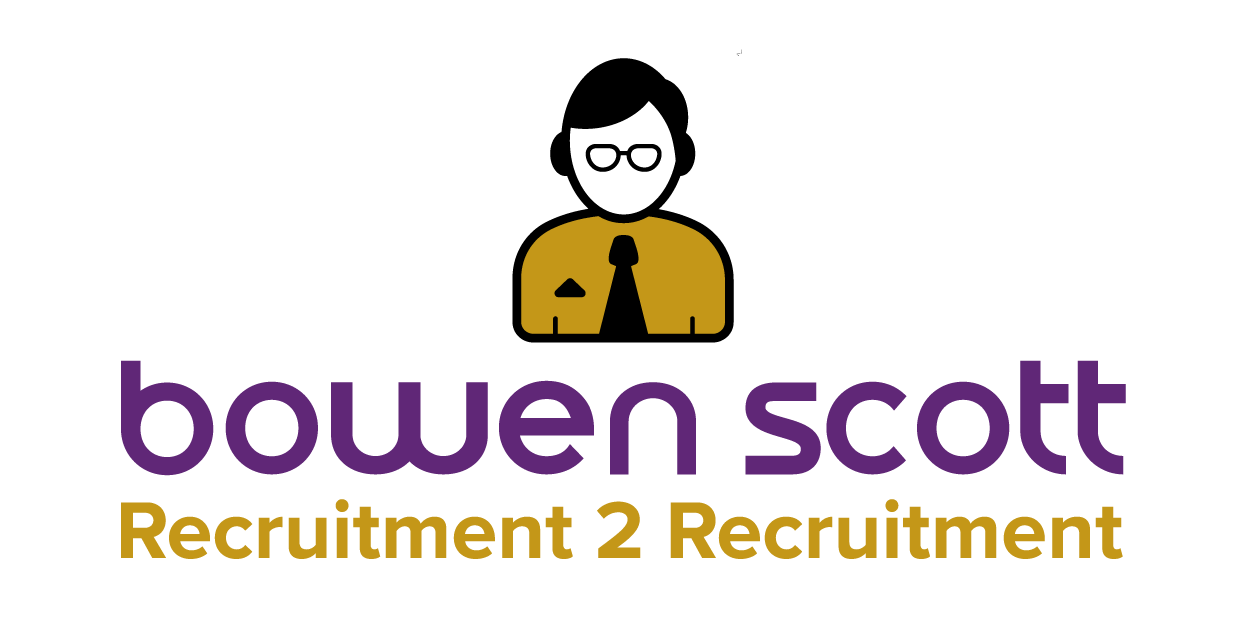HR professionals mustn’t neglect their own wellbeing
Here at Bowen Scott we believe that HR professionals mustn’t neglect their own wellbeing
We’ve recently read this article in the “HR Magazine” and we’d love to share it with you!
While concentrating on company wellbeing policies HR leaders must ensure they’re not neglecting themselves
For people who spend a large amount of their working day thinking about how to create healthy workplaces and maximise wellbeing for employees, it can be surprising how many HR professionals neglect their own wellbeing.
What are the most common issues you see around wellbeing at work?
As resources are squeezed people take on more work, work longer hours and take fewer breaks. Businesses need to work harder to engage these people by listening more to them, giving them more of a stake in the business and profits (like the John Lewis Partnership), and offering them more nourishment in the workplace; both physical and mental. My overwhelming sadness is that wellbeing is still seen as a tick-box and very few organisations are throwing themselves into it.
Are we more stressed now than ever before?
When we talk about ‘fight or flight’ we often use the example of cavemen, so I feel stress has been around forever. Of course the world is moving faster and faster and we can get overwhelmed, but during the Industrial Revolution they probably felt the world was moving quickly too. Technology has made everything instantaneous and we need to adapt to keep up with the pace – so taking a step back to reflect on what works for us at work and in our personal lives is important.
What is the danger of overwork?
When you start getting stressed and overwhelmed things will happen to your body and your brain. Your body will start collapsing slowly. The British way of doing things is to leap forward and do something for the body, but so many of these things are about the mind.
How can individuals mitigate against work making them ill?
Often it’s not that we’re in the wrong job necessarily, but that we are not paying enough attention to ourselves. I think what’s key is that we are aware of the things we’re doing too much of – like having our phones on the entire time, staying too late at work, rushing meals etc. If we plan our week so we prioritise, can take time to relax every evening, laugh, see friends, have hobbies we look forward to after work, that’s what’s important. We don’t want to look back over our lives and regret having spent the entire time on emails. We should be defining ourselves by who we are rather than what we do. It’s about working on ourselves and being kinder to ourselves.
What is the future of workplace wellbeing?
In an ideal world each individual would have more control over their working day, bearing in mind the hours they work best and what’s going on at home for them. They could take holidays when they want and sabbaticals wouldn’t be the exception but the rule. People could work where they wanted to, report to the manager they had the best rapport with, and work in a role that suited their personality, strengths and skills. The workplace would have healthy food, gyms, personal instructors, coaches and therapists on tap, and a nursery and homework room for children. Each of these things are happening in an organisation somewhere in the world – just not all at the same one.
That sounds like it’s not about separating work and home.
If you’re not happy in your home life you can’t just come to work and forget what you’re going through outside. It’s about looking at people holistically; so people can come to work and grow both in work and outside. If you step back and look at your whole life things change for the better.
Why do people leaders need to take time out to focus on themselves?
I’m sure all HR professionals know that ignoring themselves can lead to stress, which, in turn, can lead to illness and seep into their home lives. They may feel that because they know about self-development they’re immune, but sadly none of us are – even those of us running self-development companies. Therapists and coaches have supervisors so why not HR people? HR does get it, but I’m not sure they are always getting it for themselves.

